Tore Nielsen, Ph.D.
Academic links:
Laboratory links:
Blogs / Twitter:
Full professor
Department of Psychiatry, University of Montreal
Psychologist
Director of the Dreams and Nightmares Laboratory
514-338-2222 ext 3350
tore.nielsen@umontreal.ca
Training
Post-doctorat in Psychiatry (Université de Montréal)
Ph.D. in Experimental Psychology (University of Alberta)
M.Sc. in Experimental Psychology (University of Calgary)
Research interests
Dependence of learning and memory on REM sleep and the dreaming process. Pathophysiology, cognitive dysfunction, quantified EEG and changes in sleep-dependent memory processes in subjects with recurrent nightmares. Psychophysiology and treatment of patients with nightmares and post-traumatic stress disorder. Dream disorder and parasomnias in pregnancy and in postpartum women. Change in dreams in REM Sleep Behavior Disorder. Dreams, empathy and the mirror neural system. Nightmares, accumulation of stressful events early in life and suicide.
Methodological approaches
Polysomnography, virtual reality, nightly dream collections and dream diaries, high resolution SPECT, Transcranial stimulation by alternating current.
Fundings
NSERC (2018-2023): An assembly-line model of sleep, dreaming and memory enhancement: investigating the coordinated roles of REM and non-REM sleep in human memory consolidation
My team

Tyna Paquette, M.Sc.
Research Associate

Claudia Picard-Deland, B.Sc.
M.Sc. candidate
Université de Montréal
Selected publications
Gieselmann A, Ait Aoudia M, Carr M, Germain A, Gorzka R, Holzinger B, Kleim B, Krakow B, Kunze AE, Lancee J, Nadorff MR, Nielsen T, Riemann D, Sandahl H, Schlarb AA, Schmid C, Schredl M, Spoormaker VI, Steil R, van Schagen AM, Wittmann L, Zschoche M, Pietrowsky R. Aetiology and treatment of nightmare disorder: State of the art and future perspectives. J Sleep Res. 2019 Aug;28(4):e12820. doi: 10.1111/jsr.12820
Christensen JAE, Aubin S, Nielsen T, Ptito M, Kupers R, Jennum P. Rapid eye movements are reduced in blind individuals. J Sleep Res. 2019 Apr 26:e12866. doi: 10.1111/jsr.12866
Nielsen T, Carr M, Picard-Deland C, Marquis LP, Saint-Onge K, Blanchette-Carrière C, Paquette T. Early childhood adversity associations with nightmare severity and sleep spindles. Sleep Med. 2019 Apr;56:57-65. doi: 10.1016/j.sleep.2019.03.004
Marquis LP, Julien SH, Baril AA, Blanchette-Carrière C, Paquette T, Carr M, Soucy JP, Montplaisir J, Nielsen T. Nightmare Severity Is Inversely Related to Frontal Brain Activity During Waking State Picture Viewing. J Clin Sleep Med. 2019 Feb 15;15(2):253-264. doi: 10.5664/jcsm.7628
Picard-Deland C, Carr M, Paquette T, Nielsen T. Sleep spindles are altered in early- but not late-onset nightmare recallers. Sleep Med. 2018 Dec;52:34-42. doi: 10.1016/j.sleep.2018.07.015
Picard-Deland C, Carr M, Paquette T, Saint-Onge K, Nielsen T. Sleep spindle and psychopathology characteristics of frequent nightmare recallers. Sleep Med. 2018 Oct;50:113-131. doi: 10.1016/j.sleep.2017.10.003
Carr M, Saint-Onge K, Blanchette-Carrière C, Paquette T, Nielsen T. Elevated perseveration errors on a verbal fluency task in frequent nightmare recallers: a replication. J Sleep Res. 2018 Jun;27(3):e12644. doi: 10.1111/jsr.12644
Aubin S, Jennum P, Nielsen T, Kupers R, Ptito M. Sleep structure in blindness is influenced by circadian desynchrony. J Sleep Res. 2018 Feb;27(1):120-128. doi: 10.1111/jsr.12548
Aubin S, Christensen JAE, Jennum P, Nielsen T, Kupers R, Ptito M. Preserved sleep microstructure in blind individuals. Sleep Med. 2018 Feb;42:21-30. doi: 10.1016/j.sleep.2017.11.1135
Carr M, Nielsen T. A novel Differential Susceptibility framework for the study of nightmares: Evidence for trait sensory processing sensitivity. Clin Psychol Rev. 2017 Dec;58:86-96. doi: 10.1016/j.cpr.2017.10.002
Marquis LP, Paquette T, Blanchette-Carrière C, Dumel G, Nielsen T. REM Sleep Theta Changes in Frequent Nightmare Recallers. Sleep. 2017 Sep 1;40(9). doi: 10.1093/sleep/zsx110
Nielsen T. The Stress Acceleration Hypothesis of Nightmares. Front Neurol. 2017 Jun 1;8:201. doi: 10.3389/fneur.2017
Projects
Lucid Dreams
Using transcranial alternating current stimulation of the brain during REM sleep to elicit enhanced self-awareness in dreams in dreamers who often have lucid dreams, people with nightmares, and control subjects.
Nightmares
To assess how idiopathic and post-traumatic nightmares relate to exposure to childhood adversity, how nightmares may be related to cognitive and emotional wakefulness functions, and what neurocognitive, neurophysiological and emotional measures distinguish people with nightmares from control participants. The methodology used includes several brain imaging techniques including quantitative electroencephalogram analysis (qEEG), high resolution single photon emission tomography (HR-SPECT) neuroimaging and functional magnetic resonance neuroimaging (fMRI).
Sleep, Dream and Learning
To assess which types of learning tasks are consolidated in REM and non-REM sleep, whether the improvement in the task following sleep is related to dream content, and whether the sleep spindles and other microstructural measures of sleep play a role in sleep related learning.
Mental imagery on falling asleep
Develop and implement new methods to elicit, collect, analyze and determine the memory sources of micro-dream images that occur on sleep.

